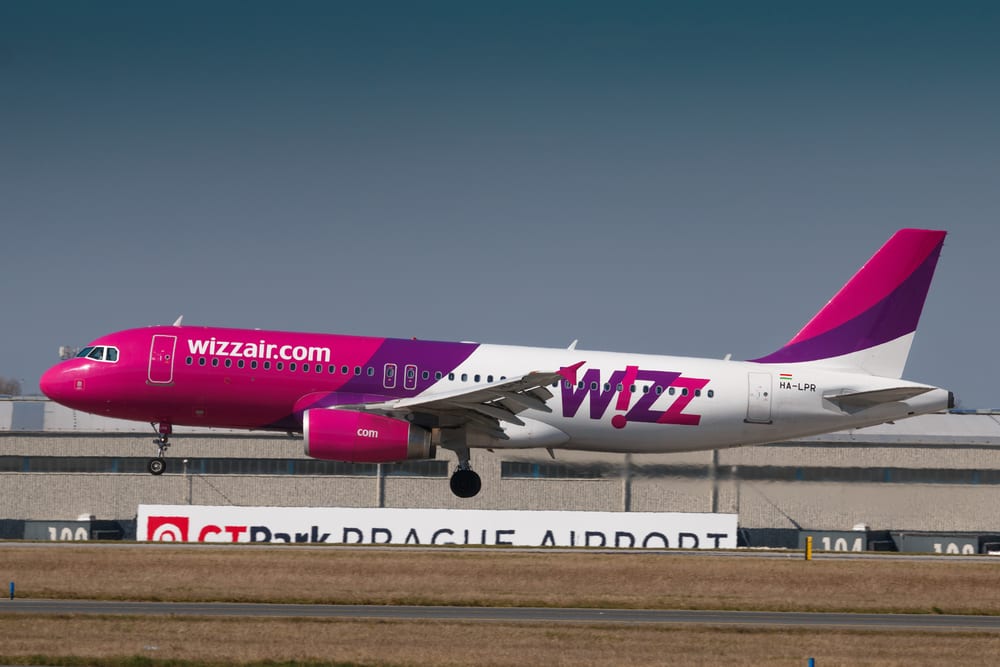Key points:
- Wizz Air’s results show passenger numbers up 243%, revenue up 172%, it’s recovering
- We knew that Wizz, like other airlines, would recover from the previous covid lockdown influenced results
- The big question is what happens next to both travel in general and Wizz Air’s own plans
- Is Now The Time To Invest In Travel Shares?
Wizz Air Holdings PLC (LON: WIZZ) reported Q3 results this morning and the shares are up 4% on the back of them. As above revenue is up, passenger numbers are up, cash holdings are up but unfortunately losses are also up. It’s that last which is the big question surrounding Wizz Air’s future.
As we’ve discussed before there are varying views on the airlines. Some think that traffic to Wizz, Easyjet and so on is going to come roaring back. Get omicron out of the way and we’ll be back in the salad days again. Others, including some hedge funds, think it’s all going to be much more difficult than that for Wizz and the others. Well, OK, differences of views are what make markets.

Also Read: The Best Travel Stocks To Buy
The calculation is complex which means that there’s no clear answer either way. Clearly, all airlines suffered horribly from the varied covid related lockdowns, bans on travel, and so on. Given absurd EU rules, they’ve also had to continue flying empty planes in order to keep their landing slots, as Greenpeace is rightly complaining about this morning.
Some of those airlines have gone bust too – Norwegian had its own problems before all this started but capacity is definitely reduced.
At which point the question is, well, what happens next? IAG and the other mainly long haul airlines face one set of problems – the lack of business travel returning now we’ve all found Zoom could be a considerable problem. Wizz Air and the other short-haul airlines face something different. Are we all going to get back into the air for short-haul and short-term trips? If we do then that’s one part of the equation sorted.
That reduction in overall capacity – in seat numbers – will mean that Wizz and others will be able to increase their pricing at the same load factors. That feeds through directly to the bottom line of course. So, it’s possible that we have a leap in profitability of the short-haul airlines and so share prices should jump.
That’s not it though. What if Wizz and others decide that this means they should expand? As Wizz is actually doing, there’s a definite appetite to take advantage of that loss of capacity. What if others also make the same decision? Then there isn’t the loss of capacity, fares don’t rise and profits and share prices don’t either.
We’re thus in a slightly complicated area of game theory here trying to value Wizz Air and the other short-haul airlines. It’s not just how much we, as passengers, all line up to fly again. It’s how all the other suppliers in the market respond to our doing – or not doing – that.
A reasonable assumption would be of continued volatility in Wiz
